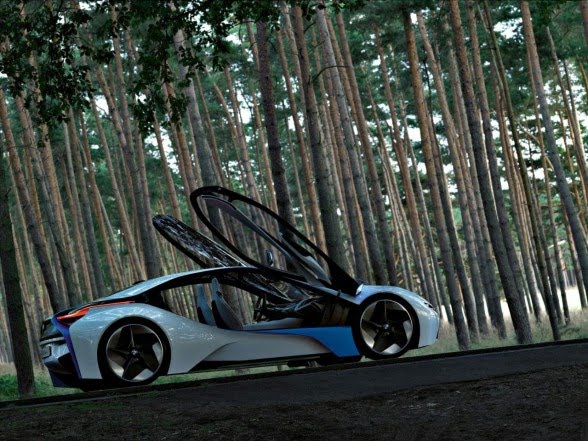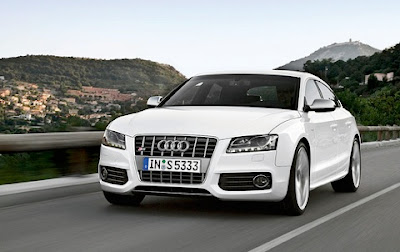
Dodge Ram Crew 1500 Sport Truck

Dodge Ram Crew 1500 Sport
In 1994, Dodge introduced a revolutionary Ram in the light-duty pickup market, with its “big rig” styling and iconic crosshair grille. For the redesign of its all-new Dodge Ram Crew 1500 and Sport, next-generation Ram, Dodge pulled out all the stops.
In addition to the new-generation 5.7-liter HEMI which produces 380 hp (283 kW) and 404 lb.-ft. (548 N•m) of torque, the all-new 2009 Dodge Ram offers a 4.7-liter V-8 providing 310 horsepower (231 kW) and 330 lb.-ft. (447 N•m) of torque, and a 3.7-liter V-6 generating 215 horsepower (160 kW) and 235 lb.-ft. (319 N•m) of torque; four- and five-speed automatic transmissions; part-time and on-demand four-wheel-drive transfer cases; and 3.21, 3.55, 3.92 and 4.10 axle ratios.
Equipped with the new HEMI, the all-new 2009 Dodge Ram R/T regular-cab 4×2 model with a short bed and 4:10 gears blasts from 0-60 mph in 6.1 seconds.
The all-new 2009 Dodge Ram is offered in regular cab, Quad Cab® and crew-size cab, with three box lengths: 8-foot (regular cab), 6-foot-4-inches (regular cab and Quad Cab), and a new-for-2009 box length of 5-foot-7-inches (Ram crew 1500). Five trim levels are available, each with a unique appearance: ST, SLT, TRX, Sport, and the top-of-the-line Laramie.
An improved frame design incorporating high-strength steel supports an all-new, first-in-segment, multi-link coil spring rear suspension that improves ride and handling characteristics without sacrificing payload (up to an estimated 1,850 pounds) and towing capability (up to an estimated 9,100 pounds).
In addition to the exterior, the all-new interior of the 2009 Dodge Ram stands out with a renewed emphasis on craftsmanship expressed in premium interior appointments including six-ring instrumentation, redesigned controls, chrome accents, premium seating with improved bolsters and two-tone upholstery. An automatic-transmission floor shifter, incorporated into a configurable center console, is available for the first time in a Dodge Ram. All 2009 Dodge Ram interiors are significantly upgraded with “soft-touch” materials that feature industry-first two-tone technology and premium fit and finish. Full-width contrasting stitching is offered on soft-touch instrument panels for Sport and Laramie models.
On the exterior, the all-new 2009 Dodge Ram features a redesigned aluminum hood with a large power bulge and a forward-canted grille, imparting a “head down, ready to charge” attitude, while front and rear bumpers wrap around each body side. The rear bumper on HEMI-equipped models is radiused over chromed dual exhaust tips – a first in light-duty pickups. Attractive 20-inch wheels are available in three styles. Sills are pulled down to cover frame rails for a premium appearance. Badges are three-dimensional, rather than decals, and are designed to stand out. The sculpted Ram’s-head badge on the tailgate is 250 percent larger than the previous badge.
On the safety and security front, the all-new 2009 Dodge Ram offers more than 30 active and passive safety features, including standard front and rear side-curtain air bags with Enhanced Accident Response System, knee bolsters, seat-belt pre-tensioners, Anti-lock Brake System, BeltAlert® System, and Electronic Stability Control; and available adjustable pedals, ParkSense® Rear Park Assist and ParkView® Rear Back-up Camera.
The all-new 2009 Dodge Ram will be built in two locations: Quad Cab and Ram Crew 1500 models will be built at the Warren (Mich.) Assembly Plant, and regular cab and Ram Crew 1500 models will be built at the St. Louis North Assembly Plan in Fenton, Mo.
Tags: Automatic Transmission, Dodge, Dodge Ram, dual exhaust, Electronic Stability, Electronic Stability Control, Fenton, improved frame design incorporating high-strength steel, Michigan, Missouri, Quad Cab, Ram Crew, Steel, Technology, two-tone technology, United States

















